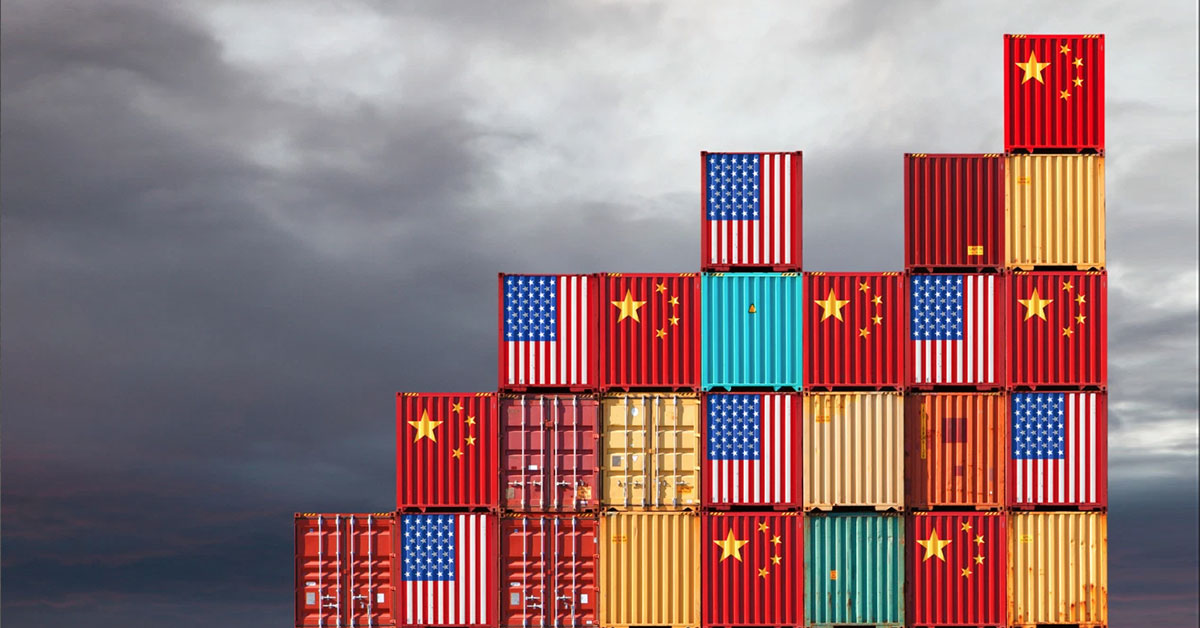Tariff escalation affects US-based Amazon sellers more than their competitors in China
The series of tariffs imposed by the United States on Chinese goods has impacted both US and China-based Amazon vendors, but US sellers are taking a bigger hit to their sales.
The gap has widened since the round of tariffs on Chinese goods announced in the summer of 2018 by the Trump administration, according to data from cross-border e-commerce analytics company SellerMotor.
According to SellerMotor’s data, US-based Amazon sellers have seen their year-over-year monthly sales decrease every month since November 2018. By March 2019, when a 25% tariff was placed on $250 billion in Chinese goods, Chinese vendors’ year-over-year sales grew by 61%, but U.S. sellers saw their sales decrease by 3%.
While many US-based Amazon sellers also get their supplies from China, Chinese sellers have better control over their supply chain and closer relationships with their suppliers (in some cases, even equity partnerships), allowing them more flexibility, SellerMotor COO Sibao Chen tells TechCrunch.
Chen adds that the way many Chinese e-commerce sellers organize their operations may also give them an edge over U.S. sellers.
“If there is an electronics company selling iPhone charging cables and also headsets, each of these product groups would probably have two to five people running the thing, like a mini-company, and they are organized, incentivized and almost completely independent within their group and given a lot of autonomy,” Chen says. “This is a very common form of organization within the Chinese retail and e-commerce industry and this is something we believe could have given them an edge in terms of the speed that they react to external impacts such as the tariffs.”
More Amazon news

How can New Year holidays in the US and Canada affect cargo delivery dates
Customs and shipping companies working schedule during the New Year Important information for more accurate forecasting of cargo processing speed in the US and Canada during the New Year holidays. Please note that Customs and shipping companies will not work during...

Major shutdowns in China due to new COVID outbreaks
Multiple companies in Zhejiang province have suspended operations due to COVID-19 outbreak, halting production of goods from batteries and clothing to textile dyes and plastics. Zhejiang is one of China's biggest and busiest manufacturing hubs. The local government...

Amazon is using sellers as a cash cow
Amazon collects a third of seller revenue A new study claims that Amazon makes far more from fees on its Marketplace platform than even the cash cow known as AWS, reports TechCrunch. According to the report by the Institute for Local Self-Reliance, sellers now give...


